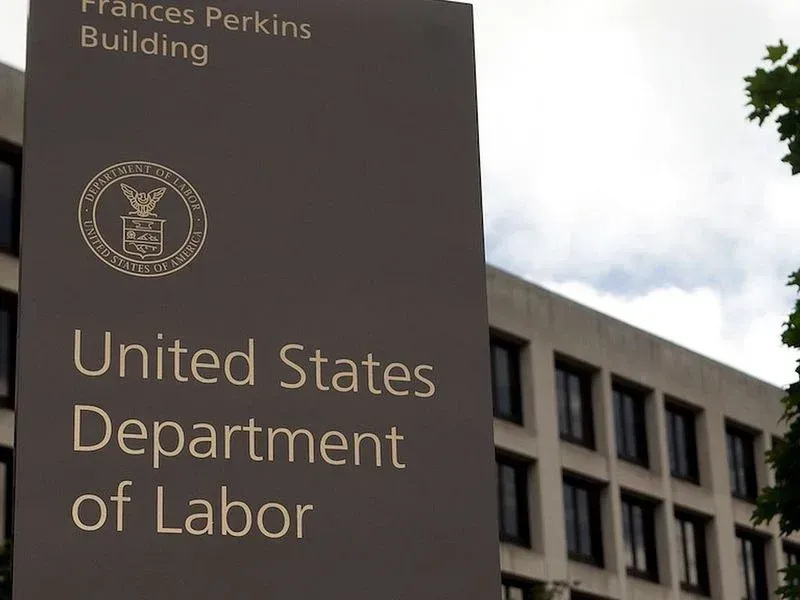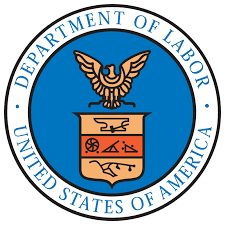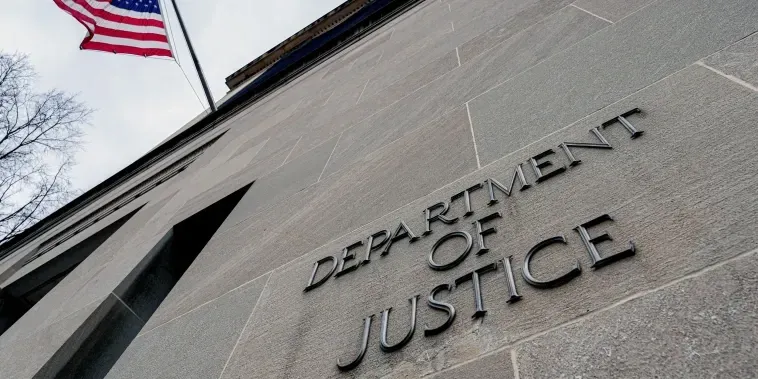EEOC Holds Public Meeting on Diversity in Tech Industry
On May 18, 2016, the Equal Employment Opportunity Commission (EEOC) held a public meeting on the topic of diversity in the tech industry, entitled “Innovation Opportunity: Examining Strategies to Promote Diverse and Inclusive Workplaces in the Tech Industry.”
At the meeting, EEOC staff presented findings from a new report, “Diversity in High Tech,” which the agency released following the hearing. The EEOC report analyzes demographic data and other trends in the tech industry. EEOC Commissioners also heard remarks from a panel of experts across various fields who shared strategies and insights into the state of diversity in the tech sector and offered solutions for promoting equal employment in the high tech community.
EEOC Report Analyzes Employment Patterns in the Tech Industry
Ronald Edwards, Director of the Program Research and Surveys Division with the Office of Research, Information and Planning at the EEOC, testified about the findings from the new EEOC report. The report, which was based on a literature overview and analysis of EEO-1 data from tech firms, concluded that the high tech industry displays overall disparities in the employment of women, African-Americans, and Hispanics when compared to all industries nationwide. Among other things, the report found that:
- African-Americans, Asian-Americans, and women may face barriers to advancement, as indicated by a pattern where women and nonwhite employment decreases as job group increases from technicians up to executives;
- African-Americans and Hispanics had lower representation in the high-tech industry by a substantial margin, as compared to all private industries; and
- Among the top 75 high tech firms in Silicon Valley, Asian-Americans make up 50% of professional jobs, yet only 36% of combined management positions.
While the report did not inquire into why or how these disparities arose, at the Commission meeting, the EEOC intends for the study to advance conversation around issues of diversity and to identify areas for future research. Throughout the meeting, Chair Jenny Yang along with other members of the Commission expressed a desire to dig deeper into the issues of diversity and inclusion that are impacting the high tech sector and to use the Commission’s resources to shine a light on and help the industry resolve these critical issues.
The EEOC Report underscores the significant role that the high-tech sector plays in fueling the U.S. economy and the industry’s pivotal role in creating high paying, sustainable jobs with strong growth potential. The EEOC has highlighted the well-known fact that the high-tech sector is falling short in diversity and inclusion efforts as it continues to employ a smaller percentage of women, African Americans and Hispanics as compared to the overall private sector.
Panel Discussion Provides Insights into Disparities and Explores Possible Solutions
Five panelists offered further insights into the state of diversity in the tech industry: Ben Jealous, former head of the NAACP and current partner at Kapor Capital; Erin Connell, an employment attorney at Orrick, Herrington & Sutcliffe; Camilla Velasquez, head of product and marketing at JustWorks; Laurie McCann, an attorney with the AARP Foundation; and Kweilin Ellingrud, a partner at McKinsey & Company.
In their testimony, the panelists observed that:
- There is a technology talent shortage and it is rapidly increasing. By 2020, there will be 1.4 million computing jobs in the United States, but only 400,000 suitably-skilled workers to fill them-a talent gap that makes it more imperative than ever for high-tech companies to focus on diversity and inclusion initiatives;
- Hiring of women and minorities (particularly African-Americans and Hispanics) in tech jobs is not getting better and appear to be growing worse, largely due to the pipeline problem of those groups being discouraged (or not encouraged) from studying computer science, majoring in STEM fields or joining the industry; and
- In addition to race and gender disparities exposed in the EEO-1 data and other studies, there are far fewer older workers in the tech sector; hiring policies and practices designed to attract and hire younger employees are making it even more challenging for older workers to join this critical segment of the workforce.
The panelists discussed strategies and best practices to promote diversity in the tech field, ranging from more traditional solutions-such as ensuring pay equity, expanding family-friendly leave and health benefits-to other innovations, like hidden bias training, incentive payments to recruiters for diverse candidates, and requiring at least one female or minority candidate to be considered when hiring for certain open positions.
For more information with regard to this meeting, please contact Leslie Silverman.


















